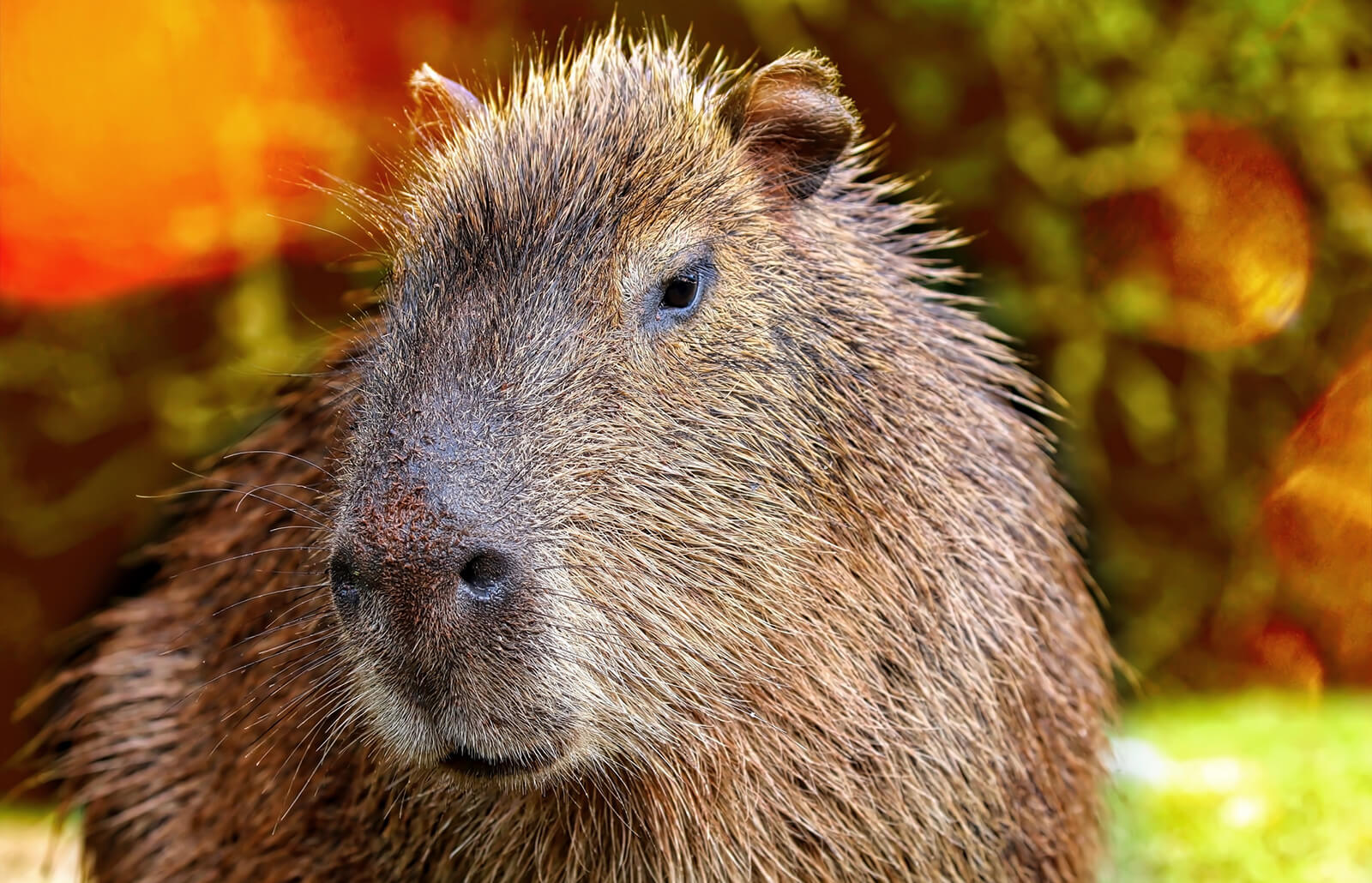So you’re thinking about getting a capybara as a pet? Before you bring home this adorable creature with its expressive eyes and friendly nature, there are a few things you should consider. While capybaras may be cute and captivating, they have some unique needs and characteristics that may not make them the ideal pet for everyone. From their size and space requirements to their social nature and potential legal restrictions, it’s important to weigh the pros and cons before making this decision. By taking the time to fully understand what it means to have a capybara as a pet, you can ensure that you’re providing the best possible home for this fascinating animal.
Consider the Size and Space

Capybara Size
When considering getting a capybara as a pet, it is crucial to understand their size. Capybaras are the largest rodents in the world and can grow up to two feet tall and weigh around 100 pounds. They have a sturdy and robust build, which means they require ample space to move around comfortably.
Space Requirements
The size of your living space will play a vital role in determining if a capybara is suitable for you. These social creatures thrive in environments that offer plenty of room to roam. Ideally, you should have access to a large yard or an appropriate outdoor area where your capybara can graze and explore. Indoor living can be challenging for capybaras due to their size and need for space to roam freely.
Indoor vs Outdoor
While indoor living may not be the most suitable option for capybaras, it can be done with careful consideration of their needs. If you plan to keep them indoors, you’ll need to create an enriched environment that allows them to exercise and explore. Providing them with a spacious indoor enclosure, along with daily access to an outdoor space for exercise, can help meet their physical and mental stimulation requirements.
Fencing and Enclosure
It is crucial to have a secure and sturdy enclosure for your capybara, regardless of whether they are housed indoors or outdoors. Capybaras are excellent swimmers and may try to escape by swimming through any nearby water sources. Therefore, having a fence that extends below the ground level will prevent any potential escapes. Additionally, ensure that the fencing is tall enough to discourage jumping and provide enough space for capybaras to exercise and explore safely.
Evaluate the Legalities and Regulations
Check Local Laws
Before bringing a capybara into your home, it is essential to research and understand the local laws and regulations regarding their ownership. Laws regarding exotic pets can vary not only between countries but also between states and municipalities. Some areas may require special permits or prohibit capybara ownership altogether. Ensure that you are knowledgeable about the legalities surrounding capybara ownership in your area to avoid any legal issues or conflicts.
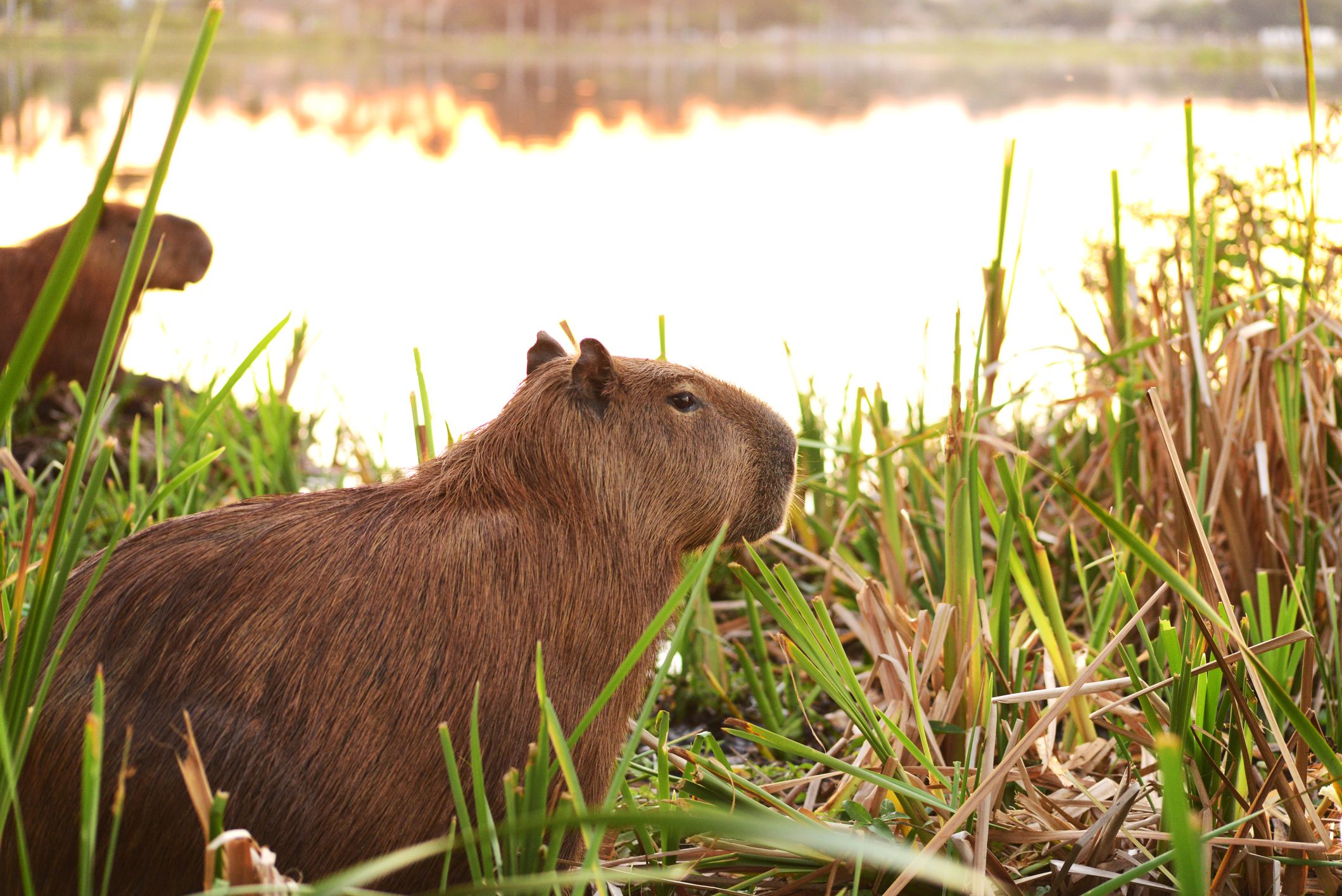
Permits or Licenses
In certain areas, owning a capybara may require obtaining specific permits or licenses. These permits are typically in place to ensure the safety and well-being of not only the capybara but also the community. It is crucial to familiarize yourself with the process of obtaining any necessary permits or licenses and fulfill all the requirements set by local authorities.
Species-Specific Regulations
In addition to general exotic pet regulations, some jurisdictions may have specific regulations pertaining to capybaras. These regulations might include requirements for enclosure size, fencing specifications, and specific care guidelines. Familiarize yourself with these species-specific regulations to ensure that you can provide a suitable and legal environment for your capybara.
Understand the Lifespan and Commitment
Lifespan of Capybaras
Capybaras have a relatively long lifespan compared to many other small pets, with an average lifespan ranging from 8 to 12 years. However, with proper care and a suitable environment, capybaras have been known to live up to 15 years or more. It is crucial to consider the long-term commitment involved in providing care for a capybara throughout its entire lifespan.
Long-Term Care
Capybaras require consistent and long-term care, and they rely on their owners to meet their physical and emotional needs. This includes ensuring they have a suitable enclosure, a well-balanced diet, regular veterinary check-ups, and plenty of mental stimulation. Before bringing a capybara into your home, assess your ability to provide this level of care for an extended period.
Daily Attention and Interaction
Capybaras are highly social animals and require daily attention and interaction from their owners. They thrive on social bonds and companionship, both with their human caregivers and other capybaras. Plan to spend quality time daily with your capybara, engaging in play, grooming, and bonding activities to meet their social and emotional needs.
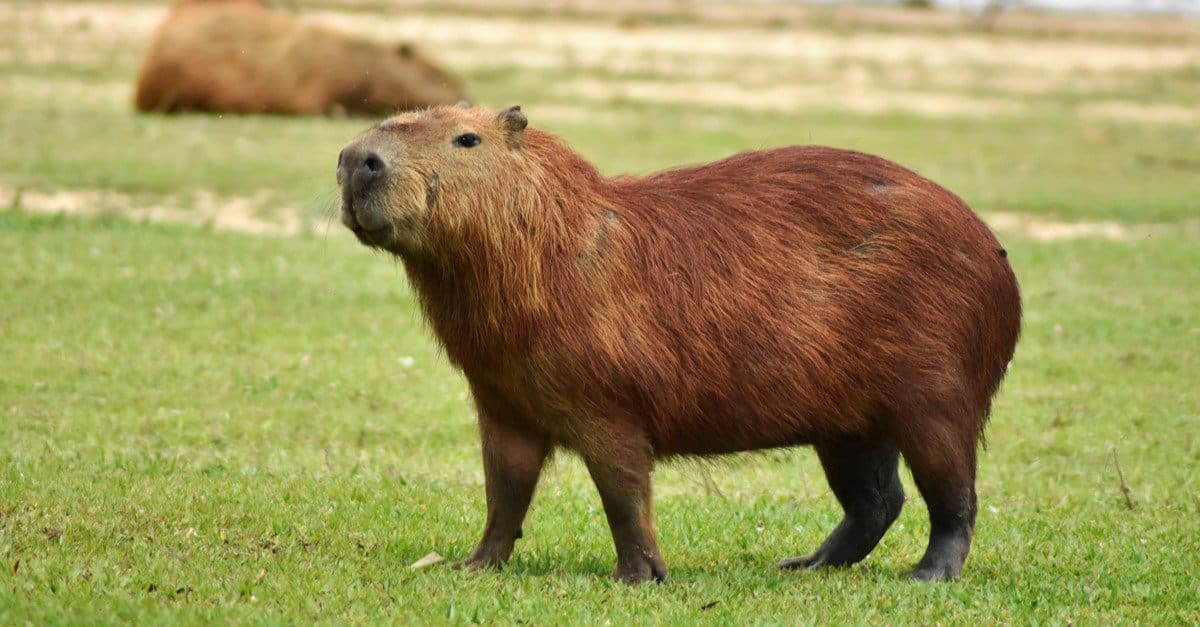
Future Commitments
When considering a capybara as a pet, it is essential to think about the future and any potential lifestyle changes that may occur. Capybaras are long-lived animals, and you should be prepared to continue providing care even if circumstances change, such as moving to a different location, changes in family dynamics, or changes in your own health or abilities. Ensure that you can commit to caring for a capybara throughout its entire lifespan, regardless of any unforeseen circumstances.
Consider the Social Nature of Capybaras
Herd Animals
Capybaras are highly social animals that naturally live in groups called herds. They thrive on social interactions and form strong bonds within their group. When considering a capybara as a pet, it is crucial to understand their social nature and the need for companionship.
Bonding and Companionship
To ensure the overall well-being of a pet capybara, it is advisable to have at least two capybaras together. They feel most comfortable and content when they have a companion of their own kind. If owning multiple capybaras is not feasible, providing regular opportunities for social interactions with other capybaras can help fulfill their social needs.
Attention Needs
Capybaras require attention and interaction from their human caregivers. This includes spending quality time with them, providing enrichment activities, and meeting their emotional needs. Regular positive interactions and bonding experiences are crucial for maintaining a healthy and happy capybara.
Children and Other Pets
Before bringing a capybara into a household with children and other pets, it is essential to evaluate their compatibility. Capybaras have a gentle disposition but may become stressed or overwhelmed in a busy or chaotic household. Proper introductions and supervision should be implemented to ensure the safety and well-being of both the capybara and other household members.
Financial Considerations
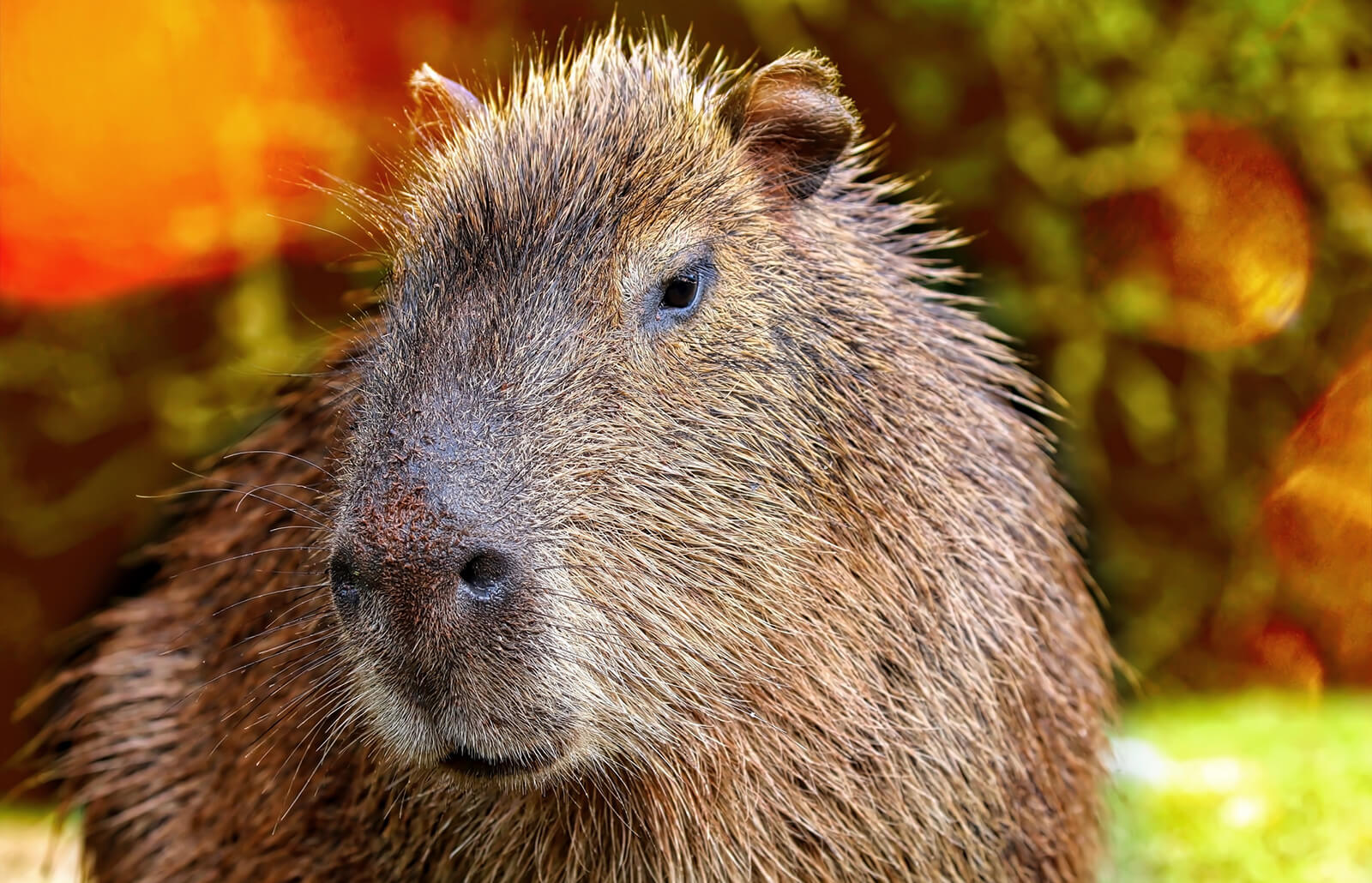
Initial Costs
Acquiring a capybara as a pet can come with significant initial costs. These include purchasing or adopting the animal itself, as well as the expenses associated with setting up an appropriate enclosure, such as fencing, shelter, and climate control systems. Additionally, you will need to invest in suitable bedding, furniture, and enrichment items to ensure the capybara’s well-being.
Food and Supplies
Capybaras have specific dietary needs that must be met to maintain their health. Feeding them a balanced diet of fresh vegetables, grasses, and high-quality commercial pellets can be costly. It is essential to consider the ongoing cost of purchasing appropriate food and ensuring a consistent supply of fresh produce and forage material. Additionally, you must budget for other supplies such as bedding, toys, and cleaning products.
Veterinary Care and Medical Expenses
Regular veterinary care is crucial for the health and well-being of capybaras. They require veterinary check-ups, vaccinations, and preventive care tailored to their specific needs. It is important to factor in the cost of regular veterinary visits and any potential medical expenses that may arise.
Potential Damages
Capybaras are powerful creatures with sharp teeth and strong jaws. They have the potential to cause damage to property and belongings. It is crucial to consider potential damages to your home or outdoor space and take measures to prevent destructive behavior. This may include providing appropriate chew toys, reinforcing fencing, and protecting furniture and other valuables.
Availability and Accessibility
Capybara Sources
Finding a reputable source for obtaining a capybara is crucial. It is advisable to obtain a capybara from a reputable breeder or a recognized exotic animal rescue center. Reputable sources will ensure that the capybaras have been well-cared for, appropriately socialized, and free from any health issues.
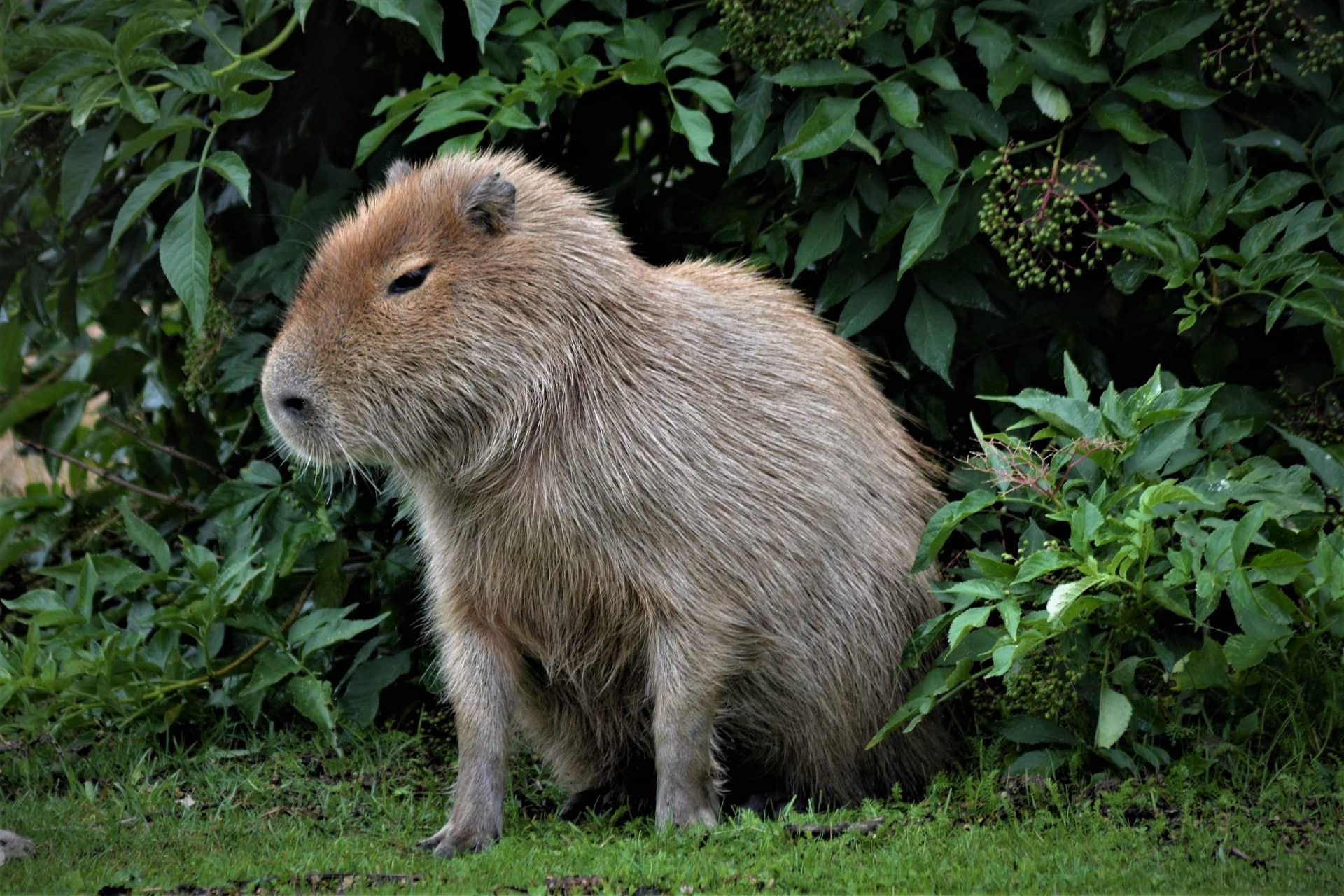
Breeders or Rescues
When considering a capybara as a pet, you should explore both breeder and rescue options. Reputable breeders can provide you with detailed information about the capybara’s lineage, health history, and proper care guidelines. Rescue centers can offer the opportunity to provide a loving home for a capybara in need.
Transportation and Delivery
It’s important to plan for the logistics of transporting your capybara to their new home. Capybaras cannot be shipped like smaller pets, so you may need to arrange for specialized transportation services. Ensure that you have a safe and secure means of transport that adheres to both legal and ethical standards.
Time and Energy Commitment
Training and Socialization
Proper training and socialization are essential for capybaras to thrive as pets. They can be trained to follow basic commands, use designated bathroom areas, and engage in structured activities. However, training and socializing a capybara requires time, patience, and consistency on the part of the owner.
Grooming and Hygiene
Capybaras have specific grooming needs that must be attended to regularly. This includes regular brushing to remove loose hair and prevent mats, as well as nail trims and dental care. It is necessary to dedicate time to grooming and maintaining their hygiene to ensure their overall health and well-being.
Exercise and Enrichment
Capybaras are active animals that require daily exercise and mental stimulation. Providing opportunities for physical activity, such as swimming and access to spacious outdoor areas, is essential. Additionally, incorporating enrichment activities, such as puzzle toys and foraging opportunities, can help keep capybaras mentally stimulated and prevent boredom.
Potential Health and Safety Risks
Zoonotic Diseases
Capybaras, like all animals, can potentially carry zoonotic diseases that can be transmitted to humans. It is crucial to practice good hygiene, such as washing hands thoroughly after handling a capybara or cleaning their enclosure. Regular veterinary check-ups and preventive care can help minimize the risk of zoonotic diseases.
Vaccinations and Preventive Care
To keep your capybara healthy, routine vaccinations and preventive care are necessary. Consult with an exotic animal veterinarian who has experience with capybaras to ensure that your pet is up-to-date on all necessary vaccinations and medications to protect against diseases.
Escape and Injury Risk
Capybaras have a natural instinct to explore and may attempt to escape from their enclosures. This can pose risks both for the capybara, who may become injured or lost, and for the surrounding environment. Ensure that enclosures are secure and regularly check for any potential escape routes or weak spots.
Chewing and Destructive Behavior
Capybaras have a need to chew and may display destructive behavior if not provided with appropriate outlets for this behavior. It is important to provide them with chew toys and regularly inspect their enclosure for any potential hazards or items that may harm them if chewed.
Environmental Considerations
Climate Adaptability
Capybaras are native to South America and are adapted to warm and tropical climates. If you live in an area with a different climate, it is crucial to ensure that you can provide an environment that is suitable for capybara’s needs. This may include providing temperature-controlled indoor spaces or modifying outdoor enclosures to offer shade and protection from extreme weather conditions.
Outdoor Hazards
When housing capybaras outdoors, it is essential to be mindful of potential hazards in the surrounding environment. This includes identifying and mitigating any toxic plants, ensuring that there are no open bodies of water that may pose a drowning risk, and protecting against predators or other animals that could harm the capybara.
Indoor Modifications
If you plan to house your capybara indoors, you may need to make certain modifications to ensure their safety and well-being. This may include providing appropriate flooring, ensuring proper ventilation, and creating an enriched environment that offers opportunities for exercise and mental stimulation.
Consulting with Experts
Exotic Animal Veterinarians
Before bringing a capybara into your home, it is essential to establish a relationship with an experienced exotic animal veterinarian. These professionals will have the necessary knowledge and expertise to guide you in providing the best care for your capybara. Regular vet check-ups and consultations will help ensure that your capybara remains healthy and happy.
Experienced Capybara Owners
Seeking advice from people who have firsthand experience in keeping capybaras can provide valuable insights and tips. They can share their experiences, offer guidance on enclosure setups, dietary considerations, training techniques, and overall capybara care. Connecting with experienced capybara owners can help you navigate the joys and challenges of capybara ownership.
Local Animal Organizations
Contacting local animal organizations, such as exotic animal rescues or wildlife rehabilitation centers, can provide additional resources and information about capybara ownership. They may offer guidance on legalities, provide educational materials, or connect you with experts who specialize in capybara care.
In conclusion, getting a capybara as a pet is a decision that requires careful consideration and commitment. Understanding the size and space requirements, evaluating the legalities and regulations, and recognizing the lifespan and social nature of capybaras are essential factors to consider. Financial considerations, availability and accessibility, time and energy commitment, potential health and safety risks, environmental considerations, and consulting with experts should also be thoroughly evaluated before bringing a capybara into your home. By taking the time to explore these factors comprehensively, you can make an informed decision about whether a capybara is the right pet for you.

